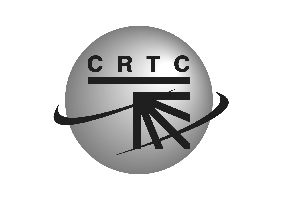Federal Court gives fee-for-carriage legitimacy

Can you hear the teeth-grinding among cable and satellite TV operators?
Head CTVglobemedia lobbyist Paul Sparkes will shortly leave the BCE-era broadcaster with a feather in his cap after the Federal Court of Appeal sided with conventional broadcasters on retransmission fees from cable and satellite TV operators.
In response to a CRTC request asking for a ruling on the admissibility of so-called fee-for-carriage regime for the industry, the federal court in a 2-to-1 ruling said the Broadcasting Act mandates “private local television stations to choose to negotiate with broadcasting distribution undertakings a fair value in exchange for the distribution of the programming services broadcast by those local television stations.”
“Based on the (CRTC) Commission’s analysis in the 2010 Policy and the statutory provisions…, I conclude that the implementation of the proposed value for signal regime is within the statutory authority of the Commission, subject only to the legal objections raised by the BDUs in this reference based on the Copyright Act and its legislative history,” Justice Sharlow wrote in the majority opinion.
The court added that nothing in the Copyright Act precluded the CRTC “from adopting the proposed value for signal regime.”
The federal court ruling opens the way for broadcasters and content carriers to start negotiating a framework for first-time Canadian retransmission fees, which will likely be passed on to consumers.
Justice Nadon, in a dissenting opinion, argued the Copyright Act allows royalties to be paid for the retransmission of distant signals, “and implicitly that no royalties be paid for the retransmission of local signals.”
Siding with the cable operators, Justice Nadon concluded the Copyright Act imposed “a clear limit on the CRTC’s power to impose conditions under the Broadcasting Act.”

 The definitive CDN broadcast and production resource.
The definitive CDN broadcast and production resource.










